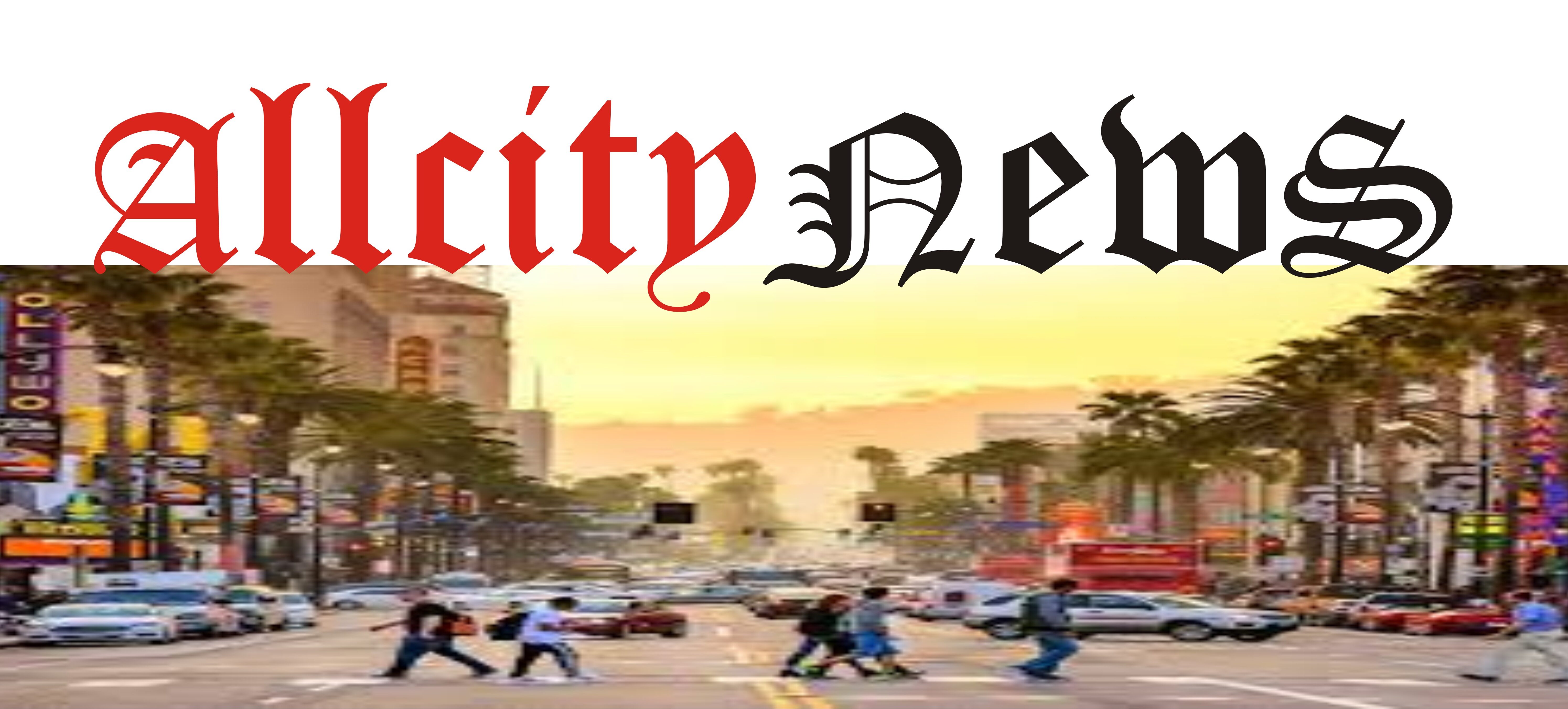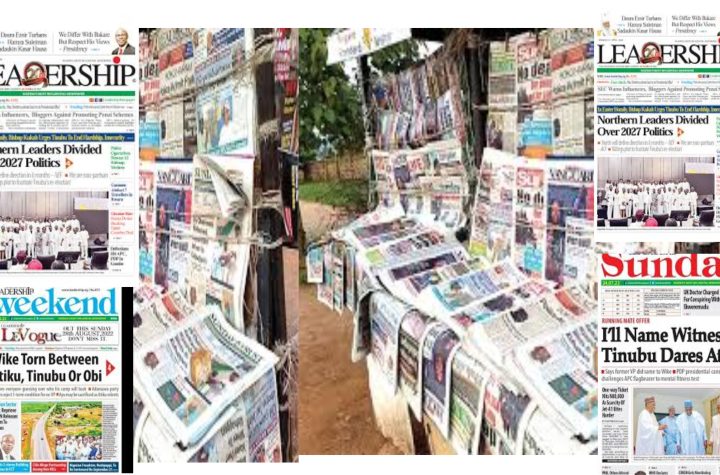
Posted by allcitynews.ng
Earlier this year, the Finance Minister, Mrs Zainab Ahmed, hinted that excise duty will be imposed on a range of manufactured goods in the country anytime soon. But these are very difficult times for manufacturers as they contend with escalating cost of production arising from elevated energy costs, rising operating expenses, sharp currency depreciation, forex market illiquidity, galloping inflation and numerous structural bottlenecks.
They are also experiencing significant spikes in the cost of raw materials, cost of fund, high import duty, prohibitive cost of transportation and high cost of logistics. A huge proportion of these costs cannot be passed on to the consumers because of weak purchasing power and high consumer resistance. Given the strategic importance of manufacturing to the Nigerian economy, what the sector needs at this time is more stimulus, and not more taxes.
The cost of diesel has risen by close to 200 percent in the past few weeks. It was at an average of N288 per lire in January this year and jumped to as high as N625 per litre in some locations. The cost of gas is similarly on the increase and there are also sharp increases in electricity tariffs.
Several manufacturers are not able to import vital raw materials because of forex scarcity, a situation which is severely inhibiting their production and productivity. Many are forced to source forex from the parallel market at exorbitant rates. Manufacturers are yet to recover from the shocks of the pandemic and the subsequent recession. Manufacturing contribution to GDP is still less than ten percent. The growth recorded in the sector in the fourth quarter of 2021 was a mere 2.28%, after a contraction of 2.75% in 2020.
Manufacturers are struggling with unfair competition, especially from products imported from Asia which have flooded the Nigerian market, largely because of the porosity of the borders. These imports are often much cheaper than goods produced locally.
The cost of logistics has continued to be on the upward trend, driven largely by the state of the roads, the limited freight capacity of the railway system, the crisis at the major ports, the traffic gridlock around the Lagos ports and extortions in the logistics chain.
The manufacturing sector offers good prospects for job creation and lifting more Nigerians out of poverty in line with the government aspirations. But if the burden of tax becomes excessive and unbearable on this critical sector the realisation of these outcomes by government would be difficult.
Dr Muda Yusuf, Chief Executive Officer, Centre for the Promotion of Private Enterprise (CPPE)









More Stories
Oriental News Nigeria, sets for 4th Summit, as former Minister, Prof. Bart Nnaji expresses his willingness to Chair the 2025 Summit
BRT Mass Transist, Commuters lament against, condemn changed operational system by the management
FIRS helmsman calls for opening of tax offices nationwide at weekends to create smooth operations for tax payers durimg rush hours in month of June